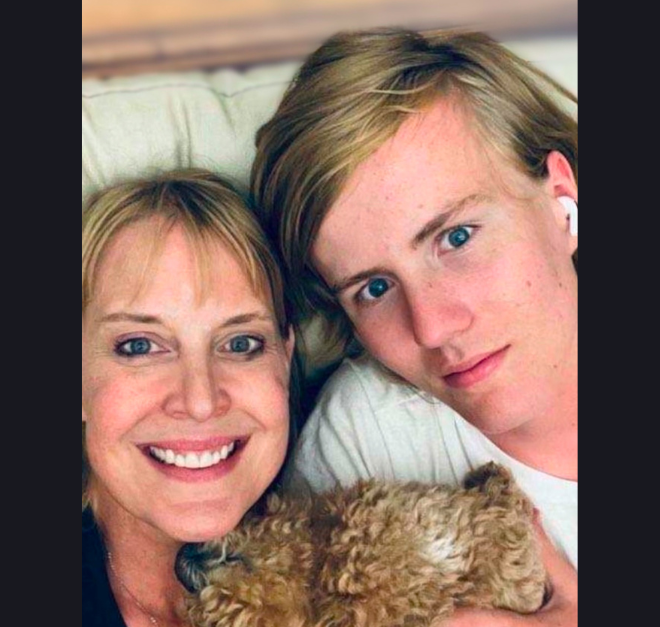When Laura Brown’s OB-GYN diagnosed her with an ectopic pregnancy in 2017, she was devastated – but she followed her provider’s advice to attempt to terminate the pregnancy quickly to protect her health.
Tragically for Laura and her husband Garrett, the doctor administered a toxic medication in an attempt to terminate the pregnancy without first fully confirming whether the pregnancy was indeed ectopic. When it turned out to be a viable pregnancy, the Browns were left having to decide whether to continue with the pregnancy knowing that their child may not survive or could be significantly impacted by the improperly given medication. They chose life, but as a result of the doctor’s mistake, their child now lives with significant birth defects – a situation that was completely preventable.
“The standard of care in this situation is clear – if you suspect but have not confirmed an ectopic pregnancy, wait a few days and check again to make sure it’s not a viable pregnancy before taking any irreversible steps,” said John Gagliardi of Luvera Law Firm, who represented the Brown family. “There is no reason to rush into giving a pregnant woman a drug that is toxic to a fetus, and risk causing devastating birth defects.”
Like many parents, Brown didn’t realize that misdiagnosed ectopic pregnancies are part of a growing pattern in the U.S., according to a paper recently published in the New England Journal of Medicine.
An ectopic pregnancy happens when a fetus grows outside of the womb, typically in one of the fallopian tubes, which causes an unviable pregnancy and can be dangerous for the mother’s health. Ectopic pregnancies occur in about 1 in 50 pregnancies in the U.S.
To end what Brown believed was an unviable pregnancy, her doctor recommended methotrexate – a drug commonly used for chemotherapy. After she received two doses of the medication, blood tests and an ultrasound revealed that Brown was still pregnant, and the baby was in the uterus – and therefore not an ectopic pregnancy. At that point, Brown was eight weeks along and her baby had significant exposure to methotrexate.
“We talked with multiple medical experts who confirmed that the OB should have performed another ultrasound and additional hCG testing before ever giving Laura a first dose of methotrexate – let alone two doses of this toxic drug,” Gagliardi said.
Brown’s son, Garrett, was born at 36 weeks and weighed only 4 pounds, 9 ounces. The drug exposure caused Fetal Methotrexate Syndrome, including physical and mental defects that require significant care and treatment that will likely continue over the course of his life.
The Brown family and Gagliardi recently sat down with KIRO7 to talk more about their experience and how they hope to help other families understand the risks of methotrexate – and the importance of asking the right questions and getting complete testing.
“It was an honor to represent this wonderful family. We applaud Laura and Garrett for sharing their story so that other families understand the devastating risks of exposing a fetus to methotrexate and the standards of care that are in place to safeguard against this very outcome,” Gagliardi said.
View the KIRO7 news story here.






